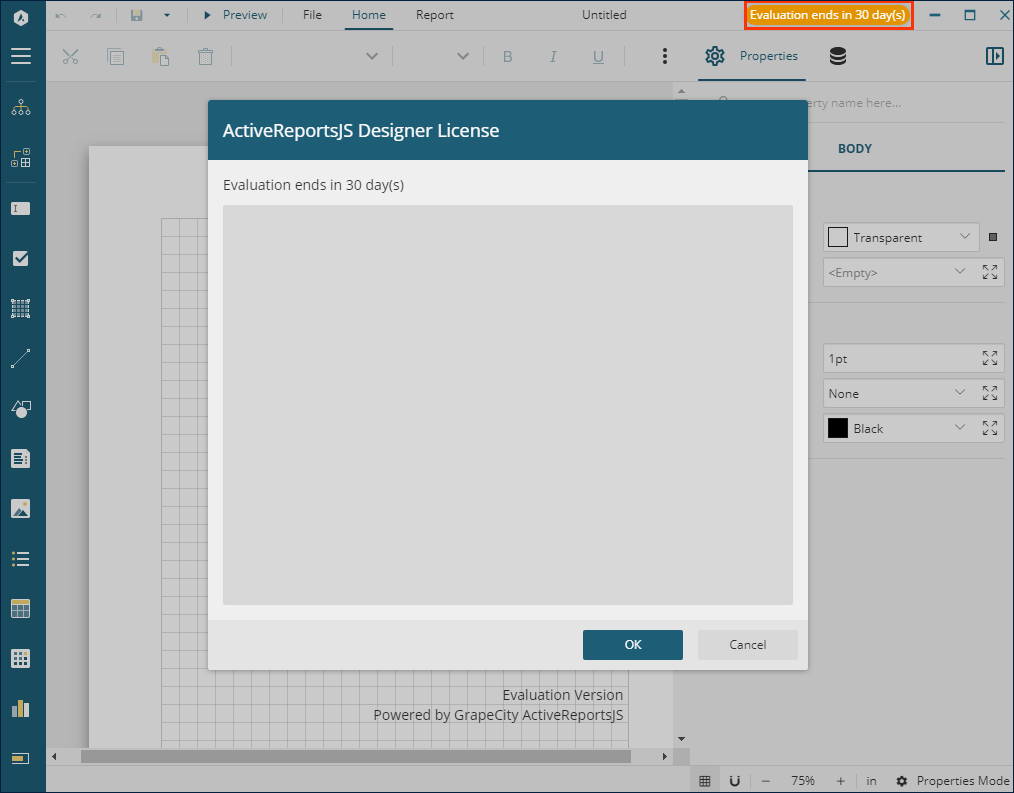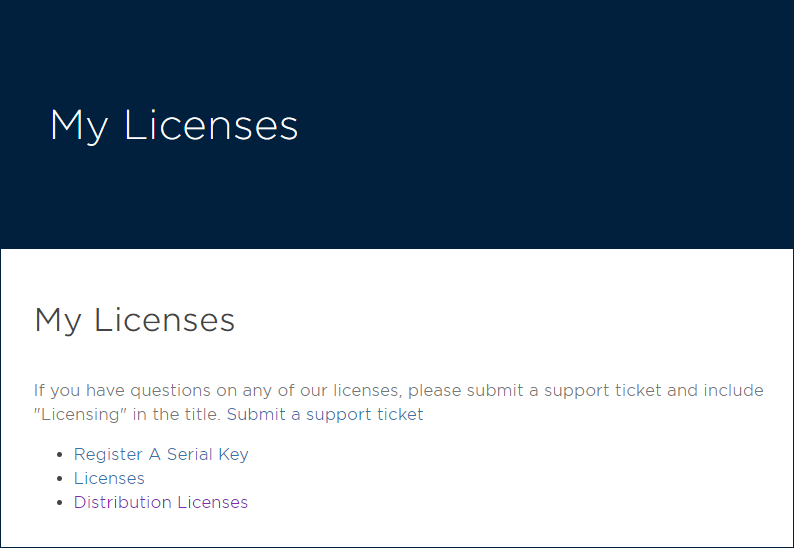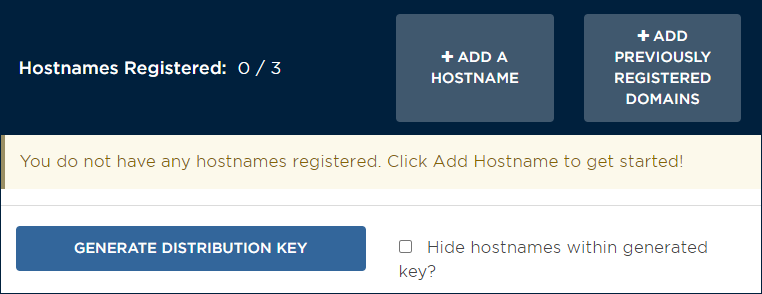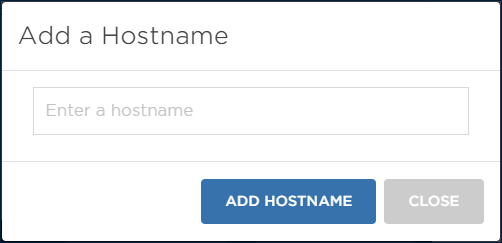-
GettingStarted
- Introduction
- Installation
- Fonts Configuration
- What's New
- Get started with the Report Designer application
- Get started with the Report Viewer Component
- Get Started with the Report Designer Component
- Product Requirements
- End User License Agreement
- Technical Support
-
Licensing
- Breaking Changes
- Troubleshooting
- Referencing-ARJS-from-NPM
- DeveloperGuide
- ReportAuthorGuide
Licensing
Evaluation version
If you are using the evaluation version of ActiveReportsJS, the following constraints are applied:
A watermark with an evaluation message appears on a report preview and in exported files
The standalone designer application is available for 30 days
To extend your trial period, please contact us.sales@mescius.com.
Licensing the designer application
Find the Designer License Key in the Order Confirmation email and copy it
Run the ActiveReportsJS Designer application
Click the evaluation banner on the top right corner of the UI
Paste the designer license key in the pop-up dialog
Click OK

Generating distribution keys
If an application that uses ActiveReportsJS components runs on the localhost, as it usually happens during development, no additional licensing steps are required. All the ActiveReportJS functions are available without restrictions. However, rendered report pages will contain the evaluation banner displayed at the bottom.
When you deploy the application to a developing, staging, or production server, you must integrate the distribution key in the application's code. You can request the evaluation distribution key at us.sales@mescius.com.
For a paid license, you can manage distribution keys on your own. Let's say that you have a paid license that allows deployment to three hostnames, and you want to deploy the application to the following servers:
https://arjs-develop.example.com/ - develop environment to share the everyday progress of the application development
https://arjs-staging.example.com/ - staging environment to share the stable version of the application before you release it for public access
https://arjs-prod.example.com/ - production environment
To generate the distribution key for these hostnames:
Login to your MESCIUS Account
Navigate to the "My Licenses" page and click the "Distribution Licenses" link

Find ActiveReportsJS license item
Click "Create Distribution Keys" under "Actions"

Click "Add a Hostname." Hostname dialog will appear.


Enter "arjs-develop.example.com" in the text input and click "add hostname."
Enter "arjs-staging.example.com" in the text input and click "add hostname."
Enter "arjs-prod.example.com" in the text input and click "add hostname."
Click the "Generate Distribution Key" button
The license key will appear at the bottom. Copy the key and save it somewhere for future reference
Now you should insert the generated license key in the source code of your application. ActiveReportsJS runs on the client-side, so the code that injects the license should run on the client-side. Here are a few recipes for the most popular front-end frameworks:
Licensing React-based application
add the new "arjs-license.js"(or "arjs-license.ts" if you are using typescript) to the root folder of the application's client-side source code. Typically it would be the "src" folder.
add the following code in the newly added file
import { Core } from "@grapecity/activereports";
Core.setLicenseKey("YOUR LICENSE KEY GOES HERE");add import from the newly added file to index.js(or index.ts) code
import {} from "./arjs-license";Licensing Angular-based application
Insert the following code in the *.component.ts (or *.component.js) file of the Angular component that uses ActiveReportsJs components or API:
import { Core } from "@grapecity/activereports";
Core.setLicenseKey("YOUR LICENSE KEY GOES HERE");Licensing Vue-based application
You can use the same method for Vue applications as well. The code that calls the Core.setLicenseKey method can reside in the *.vue file of the hosting component.
Licensing with the Pure JavaScript code
Add the reference to ar-js-core.js script to the html page:
<script type="text/javascript" src="https://cdn.mescius.com/activereportsjs/2.latest/dist/ar-js-core.js"></script>Add the following code so that it runs after the ar-js-core.js script is loaded
GC.ActiveReports.Core.setLicenseKey("YOUR LICENSE KEY GOES HERE");

